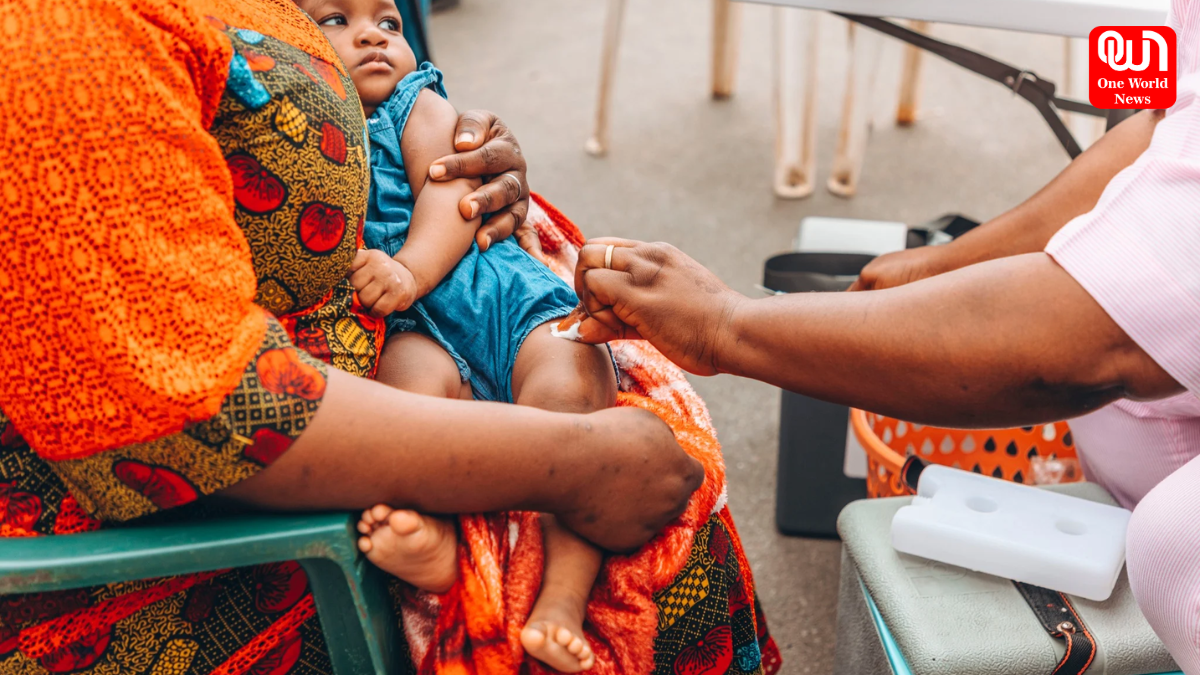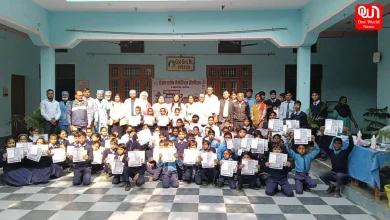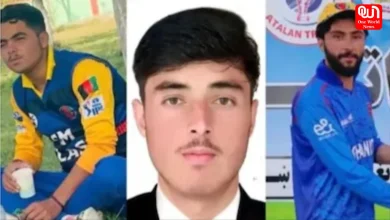African Vaccine Rollout Cuts Child Malaria Deaths by 13 Percent
Seventeen nations across Africa commenced on an important public health drive to precursor the RTS,S malaria vaccine into their routine immunization programs.
Seventeen African Nations Roll Out Malaria Vaccine, Child Deaths Drop 13%
Seventeen nations across Africa commenced on an important public health drive to precursor the RTS,S malaria vaccine into their routine immunization programs. Implementing this vaccine is a proactive step towards fighting the ever-present threat of malaria; it has already shown good results in preventing morbidity with an impressive 13% child mortality reduction in the areas receiving the vaccine. This becomes a very important message in the fight against the disease that kills more of the continent’s youngest and very vulnerable.”
Malaria is responsible for many deaths in sub-Saharan African countries, not sparing a child under five years. Plasmodium falciparum is the parasite that causes malaria and is transmitted to humans through the bite of an Abernotus mosquitoes; it brings a suffering that may evolve into physical debilitation, which in turn and upon treatment is ever able to cause death. While the use of insecticide-treated bed nets, indoor spraying, and prompt treatment of malaria cases has been greatly relevant in combating malaria, discovery and proper use of an effective vaccine can act as another strong weapon against the disease in question.
The RTS,S malaria vaccine, also known as Mosquirix, is the first malaria vaccine ever to complete pivotal Phase 3 clinical trials with a favorable scientific opinion from the European Medicines Agency (EMA). The next pilot implementations in Ghana, Kenya, and Malawi, all organized by WHO, contributed important vaccine safety, feasibility, and impact data from the real world. These pilot programs also observed a striking decrease in malaria cases and severe disease, with the eligible cohort for vaccination displaying an encouraging drop of 13% in overall child mortality. Severe malaria hospitalizations were also reduced by 22% in the same cohort.
Following the success of the pilot programs, an increasing number of African countries began the integration of the RTS,S vaccine into their routine immunization program. By January 2025, seventeen countries, including Cameroon, Burkina Faso, Sierra Leone, Benin, Liberia, Côte d’Ivoire, South Sudan, Mozambique, Central African Republic, Niger, Chad, Democratic Republic of Congo, Sudan, and Nigeria, in addition to the countries that run pilot programs, are for the wide-scale implementation of this vaccine. This ramp-up of implementation clearly demonstrates the commitment of African governments and international health organizations to make malaria prevention a priority.
RTS,S vaccine immunizes children by teaching their immune systems to recognize and attack the malaria parasite once it has hit sporozoite stage-just after getting into the child’s bloodstream from a mosquito bite. A total of four doses are administered per child under the RTS,S schedule, with three doses given at the ages of 5, 6, and 7 months, and the fourth dose given to all children around 18 months of age. The vaccine provides important protection; however, it will best be utilized in combination with other proposed malaria control strategies.
Evidence is mounting that RTS,S may help to save the lives of children, with a 13% reduction in child mortality based on observed data. In areas of intense malaria transmission, even the most modest reduction in mortality may amount to a considerable number of children saved. Of course, the drop in severe malaria cases and hospitalizations would relieve the pressure on the healthcare system and mitigate the burden of the disease on families and communities.
Malaria vaccination programs, when successfully rolled out across Africa, have a huge opportunity to further mitigate the death toll of malaria. The WHO’s recent recommendation of a second malaria vaccine, namely R21/Matrix-M, can potentially add to the supply of these vaccines and thus hasten their rollout.
Read More: India Unfazed by Trump’s 26% Reciprocal Tariff, Says Official
Gradually, as more countries begin to use these life-saving vaccines in conjunction with other malaria control measures, the dream of an Africa free from malaria gets closer to reality. The involvement of seventeen countries provides an encouraging picture of the proactive public health effort translating into real and observable deaths averted of children.
Like this post?
Register at One World News to never miss out on videos, celeb interviews, and best reads.








